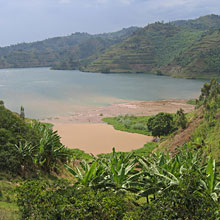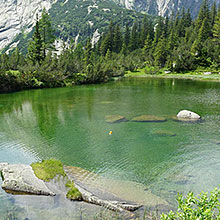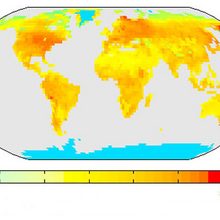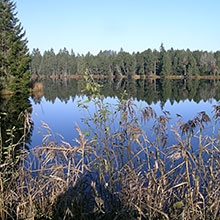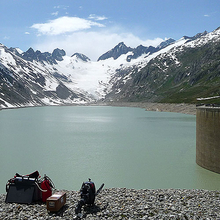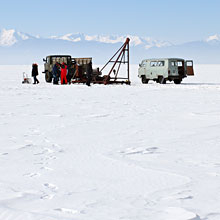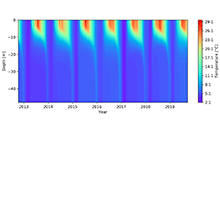Department Surface Waters - Research and Management
Applied System Analysis
The research group Applied System Analysis aims at investigating interactions between physical forcing, geochemical cycling, and ecology in aquatic ecosystems. The work is focused on identifying, quantifying and predicting human impacts on these systems. For this purpose, specifically acquired datasets as well as datasets available in literature and online databases are analyzed using analytical and statistical methods. Models of varying complexity, ranging from simple box models to three-dimensional numerical simulations, are developed and applied. Recent consulting projects include impacts of pumped-storage operations, heat pumps, and methane extraction facilities on lakes.








